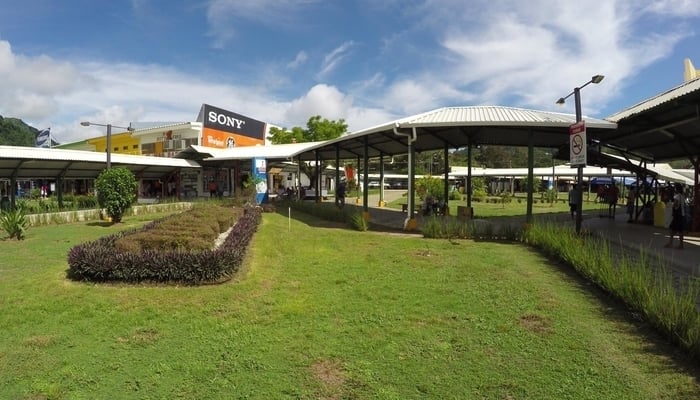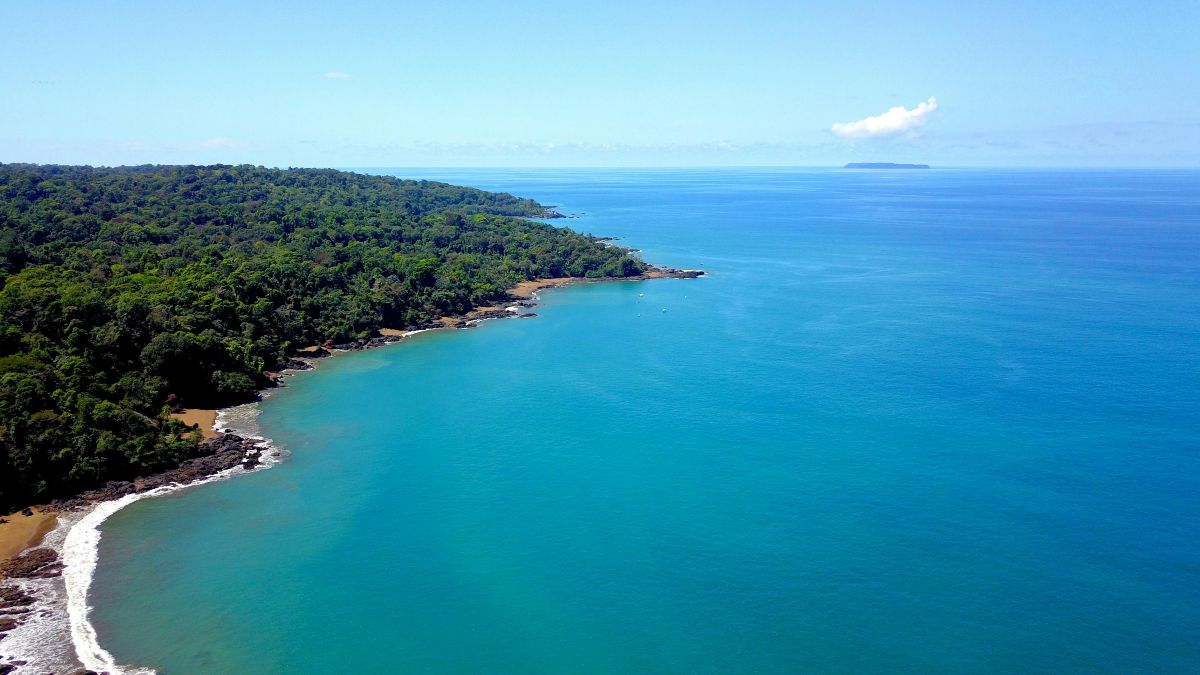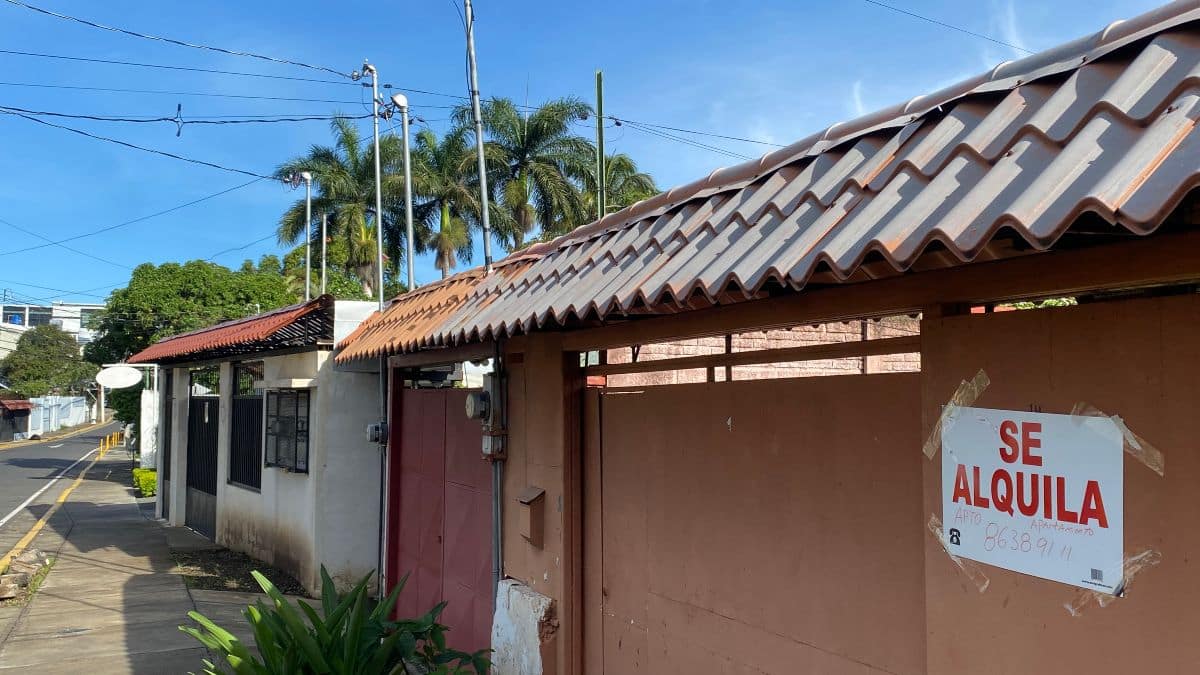Shoppers taking advantage of lower prices in Costa Rica’s Golfito Free Trade Zone no longer need to stay the night.
The Deposito Libre de Golfito (Golfito Free Trade Zone) is famous in Costa Rica for its cheap prices. Costa Ricans and expats have long traveled down to the southern city of Golfito to buy fridges, TVs, and booze.
There was always one caveat, though.
Since the Free Trade Zone opened in 1990, shoppers had to stay at least one night in town before shopping. To gain access to the zone, you needed a TAC (Tarjeta de Autorizacion de Compras). This card allows you to shop in the zone, available by presenting your ID 24 hours in advance.
The idea of making you wait 24 hours was to boost Golfito’s economy. It forced shoppers to stay a night in advance and spend money in town.
To get around this, many people went to the duty-free stores in Paso Canoas, at the border with Panama instead.
Now, thanks to a new ruling, Golfito Free Trade Zone customers can shop on the same day they receive their TACs.
Due to the remoteness of Golfito, it’s likely many shoppers will stay the night anyway.
But it’s nice they’re no longer forced to stay, and can decide themselves what to do. It makes Golfito competitive again with the duty-frees at the border.
Quienes vayan a Golfito podrán comprar el mismo día – https://t.co/BdtwUjpMIJ
— CRHoy.com (@crhoycom) February 2, 2021
JUDESUR (Junta de Desarrollo Regional de la Zona Sur – Regional Development Board of the Southern Zone) is the local government organization responsible for the development of Golfito and surrounding areas.
As part of of the new rules, JUDESUR now has more autonomy to invest income from the Golfito Free Trade Zone into the local area.
“With this legal instrument, we can continue with our fundamental mission to bring development to the five cantons of influence in the southern zone,” said Judesur president Edwin Duartes.
Duartes went on to say that much of the income generated from the Golfito Free Trade Zone will fund scholarships for local students and help develop small and medium-sized businesses.
“We trust these changes will contribute to invigorate the economy and resume the development of this important and beautiful part of the country,” said Costa Rica President Carlos Alvarado.
Los visitantes del Depósito Libre Comercial de Golfito ahora podrán realizar sus compras durante el mismo día que lleguen a la zona, gracias a una directriz que firmamos producto del diálogo territorial. Trabajamos por el desarrollo regional de la zona Sur #DiálogoCR
— Carlos Alvarado Quesada (@CarlosAlvQ) February 2, 2021
Golfito has been a town in decline for many years, since the United Fruit Company left in the 1980s. This is why they founded the Free Trade Zone in the first place.
The Golfito Marina Village, a $50 million project to build a tourism complex in town came to nothing, with investors bailing out and disappearing in 2019. This left Golfito more bereft than ever, more reliant on its Free Trade Zone, which fewer people were using.
Now, with the new rules and new controls over its income, the hope is that Golfito can start to prosper again.
James Dyde is the editor of www.centralamerica.com. He lives in Escazu, Costa Rica.




